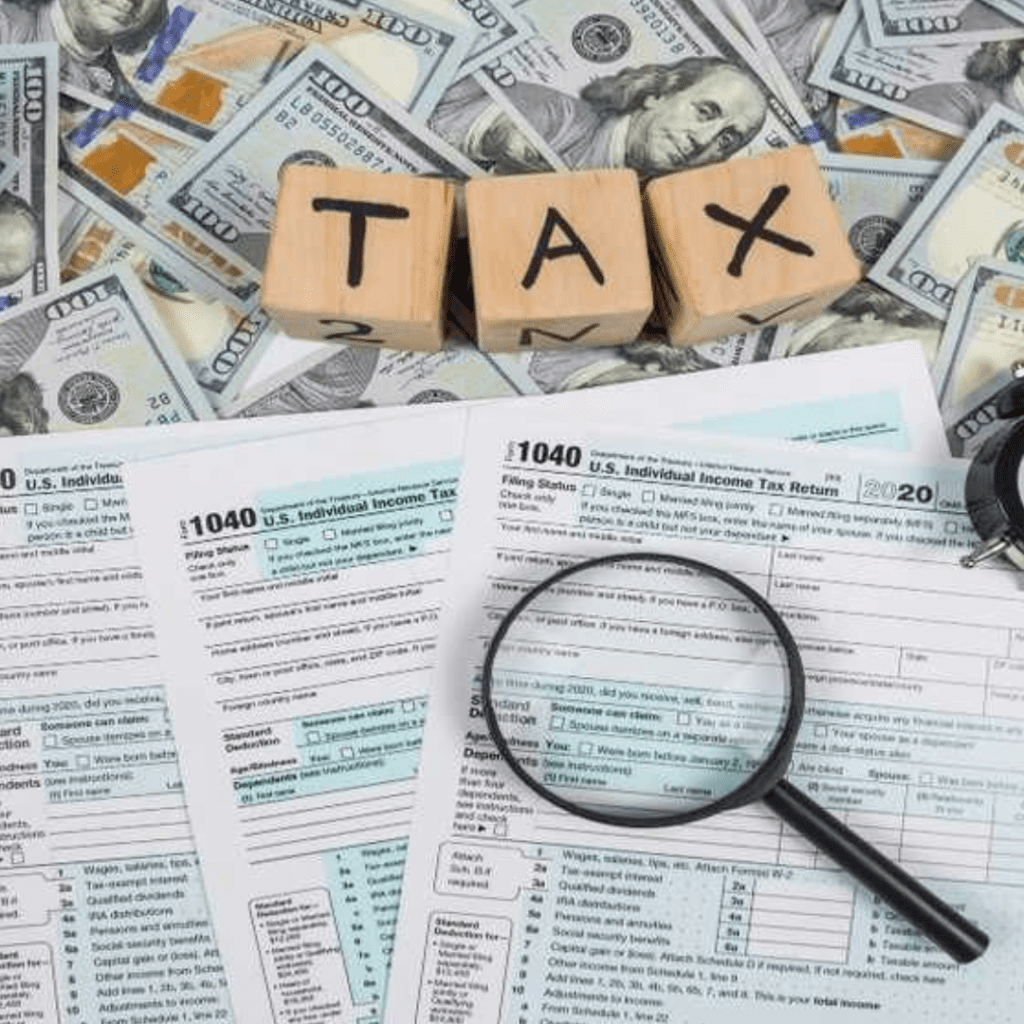Company Formation in Dubai Freezone
The UAE Ministry of Finance released a judicial determination for the accounting method that is to be followed and the Generally Accepted Accounting Principles (GAAP) that are to be followed for the purpose of corporate tax UAE as per No. 114 of 2023. Thus, this article explains accounting standards that businesses are required to follow in compliance with the statutory legislation. Corporate Tax Consultants in UAE are committed to assisting Taxable Persons to implement these accounting standards and methods; therefore it is advisable to seek their expert services. What is a Free Zone? Dubai free zones are distinct geographical areas separate from the Dubai mainland. They are notonly distinguished by their jurisdiction but also operate under specific regulations unique to eachzone. Establishing a company in a Dubai free zone is advantageous for conducting business outside of thecountry. While it may offer a cost-effective option, it comes with various constraints regardingwhere, when, and how business activities are conducted and regulated. Difference between FZE and FZCO: When registering a company in Dubai free zones, it’s essential to differentiate between a Free ZoneEstablishment (FZE) and a Free Zone Company (FZCO). A Free Zone Establishment typically has a single shareholder, whereas a Free Zone Companyfunctions similarly to a limited liability company, requiring two or more shareholders. Although bothshare similar operational procedures, the primary distinction lies in the share capital requirements. Advantages of company formation in Dubai Free Zone Opting for company formation in a Dubai free zone offers several advantages: Disadvantages of company formation in Dubai Free Zone However, there are some limitations and disadvantages to consider: Choose precisely while registering a company in Dubai Free zones: Selecting the right free zone for your business is crucial. Dubai’s free zones offer a variety of optionsin terms of jurisdiction, legal structure, and establishment processes. Therefore, it’s important togather all the necessary information specific to your business needs before making a decision.It’s worth noting that there are industry-specific free zones in Dubai, allowing you to choose theregion that best suits your commercial requirements. Step by step process of company registration in Dubai Free Zone: Setting up a business in a free zone is a relatively straightforward process, characterized by minimalpaperwork and a short duration. Here are the key steps for free zone company formation in Dubai: 1. Choose a business activity (or activities) The initial step to kickstart your Dubai free zone business involves making a decision regarding thespecific business activities you intend to engage in. This choice will have a direct impact on whereyou can register your company. The type of license you ultimately apply for will also be contingenton the specific activities you wish to undertake. These activities can encompass professionalservices, e-commerce, commercial operations, trading, and more. 2. Select a suitable free zone. After you have settled on the nature of the business you intend to launch, the subsequent stepinvolves identifying the most suitable free zone for your venture. The United Arab Emirates offersnumerous exceptional free zones, making it necessary to carefully review the options and select thelocation where you envision your business thriving. 3. Choose a unique company name Selecting a business name is a challenging task, regardless of the global location you choose for yourenterprise. This process involves not only choosing the company’s name but also defining the natureof its operations. 4. Submit your license application To obtain your trading license in the UAE, you must complete the application form and furnish avariety of required documents and paperwork. Once the relevant authorities have granted approvalfor your company’s activities, you can obtain essential legal documents such as the Memorandum ofAssociation, Certificate of Incorporation, Trade license, Share certificates, Visas, Tenancy agreement,Labour cards, and more. 5. Apply for visas as needed Apply for visas as neededAt this juncture, you can initiate the visa application process. This involves applying for your UAEresidence visa, as well as those for your employees 6. Open a corporate bank account Once you’ve successfully processed all the essential documentation for registering your company inDubai from India, the next step is to establish a business bank account for your company. It’s vital toselect a bank that aligns with your company’s requirements and offers perks and substantialadvantages that contribute to cost optimization for your business. Types of Trade Licenses in UAE In the UAE, there are different types of licenses for businesses: Mainland license in Dubai A mainland license in Dubai, or in any other location worldwide, serves as an essential documentthat legitimizes your company as a recognized legal entity. In Dubai, a mainland trade license isgranted to businesses to monitor their operations and ensure that business activities are conductedin a secure and accountable manner. The process of registering a company in Dubai encompassesmultiple stages, with obtaining a trade license standing out as the most pivotal step Step by step process of company registration in Dubai Mainland Step 1 – Choose Your Business ActivityFirst, select the business activity you intend to pursue in Dubai or any other Emirate. It’s importantto assess the feasibility of the chosen business activity within the region.Step 2 – Opt for a Local UAE Sponsor or PartnerOne of the most critical aspects of obtaining a business license in Dubai is finding a suitable local UAEsponsor or partner. This choice is pivotal, as selecting the right sponsor is essential for smoothbusiness operations and regulatory compliance.Step 3 – Determine Your Legal Form or StructureEvery formation in Dubai or anywhere in the UAE must adhere to a specific legal form orstructure prescribed by the Dubai Economic Department.Step 4 – Reserve Your Trade NameChoose a distinctive name for your company, which will serve as its unique identity. You must alsoreserve the trade name following the procedures set by the Dubai Economic Department.Step 5 – Apply for Initial ApprovalOnce you have your initial paperwork in order, apply for Initial Approval from the Dubai EconomicDepartment. This approval allows you to initiate your business in Dubai and concurrently apply forother required certifications as stipulated by the DET.Step 6 – Obtain External ApprovalsCertain businesses may necessitate
Company Formation in Dubai Freezone Read More »












